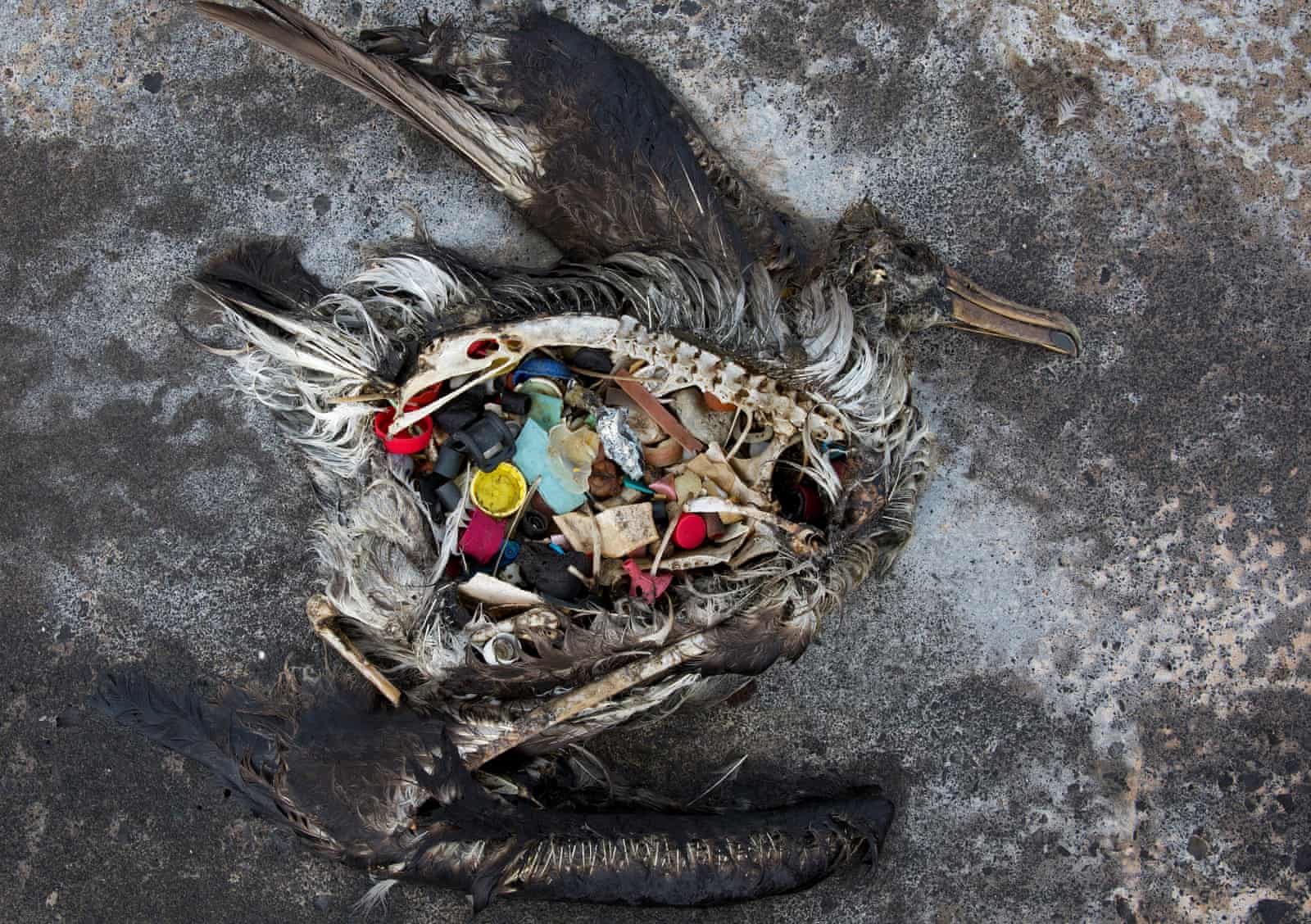Wet or dry, coffee husks are bound to be removed during the cherry's processing stage. As one of the largest countries generating coffee husks, Ethiopia typically found coffee husks useless and dispose of them in the waterways, thereby introducing toxic substances into the environment, like caffeine and tannin. But are coffee husks really useless?
Du et al. (2021) seemed to suggest otherwise. According to their article, if coffee husks are properly utilised, they are found to have a high potential to produce biogas, which can be used as a renewable energy source. Currently, Ethiopia is highly reliant on biofuel for energy, and wood alone make up 69% of its biofuel source (Benti et al., 2021). While wood was seen as a renewable energy source in the 2000s, it was later found that biofuels may be releasing more carbon instead, due to deforestation and land-use change (Climate Policy Info Hub), signalling that Ethiopia should find a more sustainable source of energy. Du et al.'s findings will hence be important to build the resilience of Ethiopia's energy sector.
As coffee husks are highly organic, the biogases are produced via the anaerobic digestion of the husks. This will generate methane, carbon dioxide, and a trace amount of other gases. While the products of anaerobic digestion sound dangerous for the environment, these gases would be captured in a facility, which can be used to generate electricity instead of escaping into the atmosphere.
However, the efficiency of biogas as an electricity source is rather low (Damyanova & Beschkov, 2020), suggesting that biogas cannot effectively replace the majority of energy generation in Ethiopia. While the lack of efficiency may seem like a put-off, the energy generated by biogases are still adequate to power small appliances and to use as a heat source. This may be more useful and cost-efficient for the rural communities who require less electricity than the urbanites, anchoring its importance in rural Ethiopia.


No comments:
Post a Comment